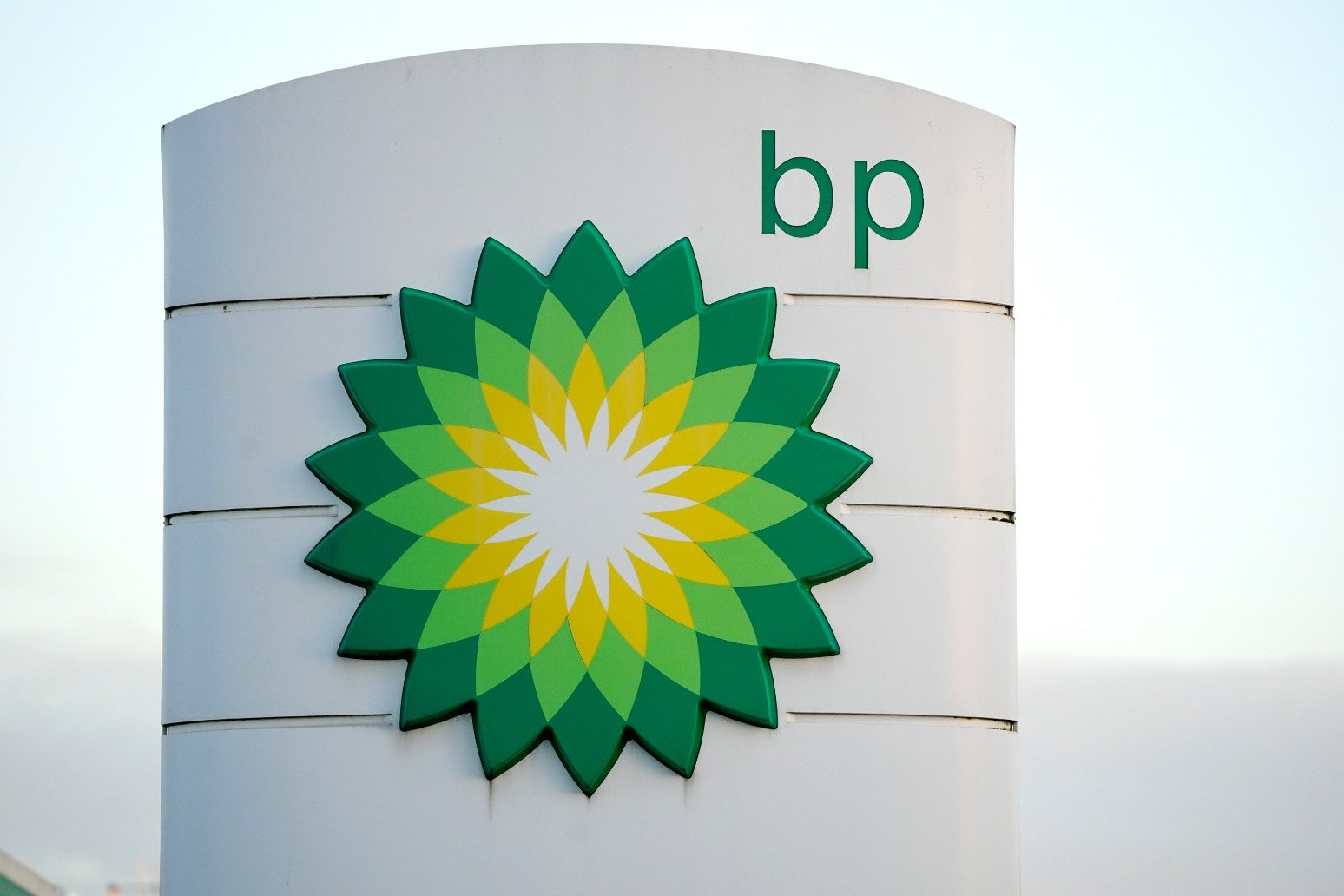
BP profit more than £500m higher than expected
Oil giant BP’s profit was more than half a billion pounds more than expected in the first three months of the year as the business continued to benefit from elevated energy prices.
Bosses revealed on Tuesday that the company made just under five billion US dollars (£4 billion) in underlying replacement cost profit between January and March, citing a strong performance in its oil trading business.
It is a reduction from last year – when the business rested on extremely high energy prices – but apart from that is the best result that BP has reported in at least a decade.
The drop from last year was largely thanks to the fact that BP got less money for the oil and gas that it sold, although this was partly offset by an exceptional performance from its gas marketing division.
It is also around 700 million US dollars (£560 million) more than analysts who follow the oil major had thought it would make.
Chief executive Bernard Looney said: “This has been a quarter of strong performance and strategic delivery as we continue to focus on safe and reliable operations.”
The profit immediately sparked criticism, including from shadow energy secretary Ed Miliband, who called it “unearned” and “unexpected windfalls of war”.
BP has already been hit by extra windfall taxes on the profits it makes from pumping oil and gas from UK waters.
However critics have said the tax allows energy companies to get away with not paying much of it if they invest in drilling for more oil and gas.
“These enormous profits are the unearned, unexpected windfalls of war. And every excess pound that the energy giants rake in is at the expense of British families,” Mr Miliband said.
“Yet, after all this time, the Tory windfall tax is still full of get-out clauses with billions being bunged at oil and gas companies in special subsidies not available in any other part of the energy sector.”
BP said it expects oil prices to remain high after a recent decision by Opec+, a cartel of oil-producing countries, to restrict production in order to keep prices up.
Demand from China will also serve to put upwards pressure on both the cost of oil and the cost of liquid natural gas.
Published: by Radio NewsHub